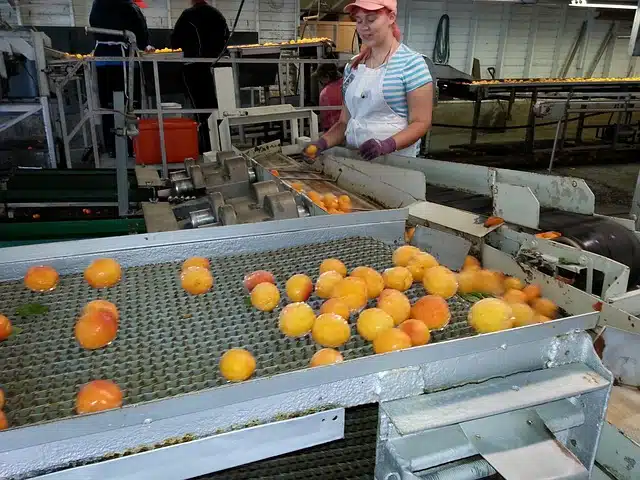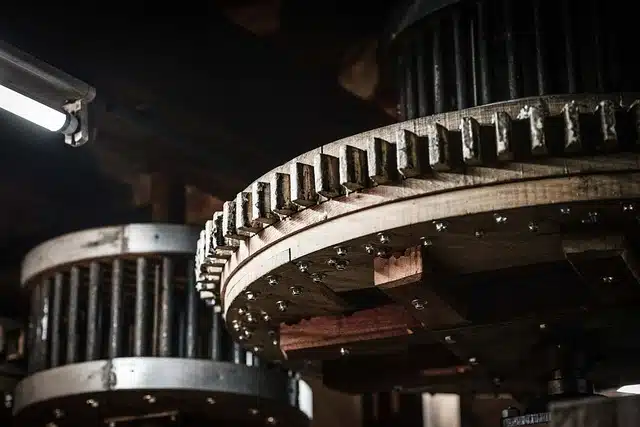
Industrial processes are actions that allow the transformation of raw materials.
The first thing to do before determining the meaning of the term industrial processes is to know the etymological origin of the two words that give it shape:
– Process derives from Latin, specifically from processus , which can be translated as “march” or “development.”
– Industrial , for its part, emanates from the Latin industrialis , which means “relating to the operations and materials that are used to make something.” A word that is the result of the sum of three components: the prefix in- , which is equivalent to “inwards”; the verb struere , which is synonymous with “to put together or make”; and the suffix -al , which is used to indicate “relative to.”
What are industrial processes
Process is a concept with several uses. It can be the various stages that must be gone through to complete a certain operation. A process, in this sense, contemplates the passage through different states until the final form of something is reached.
Industrial , on the other hand, is what is linked to the industry . This concept (industry) can name the facilities in which tasks are carried out to obtain or modify products.
Industrial processes , therefore, are activities carried out to transform raw materials and convert them into different kinds of products . Through an industrial process, the various characteristics of the raw material can be altered, such as its size, shape or color.

A large amount of energy is usually needed for the development of industrial processes.
Some features
It is important to be clear that all industrial processes as a global set are made up of another series of procedures or tasks that are necessary to achieve the proposed goal. In this sense, we can establish that the most significant processes in this regard are forming, casting, joining, machining, finishing, processing...
In the same way, it should not be overlooked that, as a general rule, industrial processes require the use of a significant amount of energy, whether electric, steam, gas... In this sense, it must be said that, in recent years , important advances are being made in this regard and more and more companies are making the decision to carry out those using so-called renewable energies.
Examples of industrial processes
The production of paper , for example, contemplates the development of an industrial process that begins when a tree is cut down and the wood is taken to a pulp factory. There it is shelled and stripped and then processed to obtain cellulose pulp. The application of peroxide, chlorine dioxide, caustic soda and other substances makes it possible to whiten the paste, which is then subjected to a drying and pressing stage. In this way, we can see that this industrial process begins in a forest with a tree and ends with the creation of sheets of paper.
Another industrial process is developed with milk . After milking the animal, the milk obtained undergoes a series of processes (homogenization, sterilization, pasteurization, etc.) so that it can be packaged and marketed.
